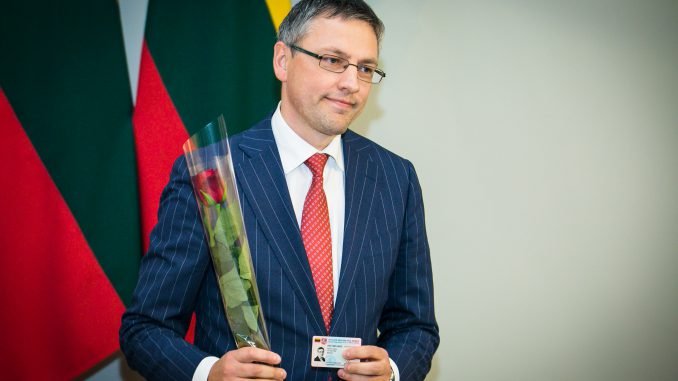
“Lithuania has failed to meet the 2 percent commitment for a long time, and we have much homework to do in light of those new challenges — from infrastructure to cyber threats, intelligence capabilities, information space protection, propaganda,” Bakas told BNS on Wednesday.
“Putting the idea of universal conscription into practice requires human resources, infrastructure, weapons,” he said.
The committee decided on Tuesday that political parties should update their agreement on defence policies to set a 2.5 percent of GDP target for defence spending in 2020.
The stepping-up of defense expenditure by Lithuania would also send a message to its allies that “its attention to its commitments and the security of its people is strong”, the lawmaker said.
“If the Seimas really wants to be that political leader and wants to regain trust, then this is a very good opportunity to show that leadership,” he said.
In the 2014 agreement, political parties agreed to raise defence spending annually until it reaches 2 percent of GDP. The current government has pledged to achieve the 2 percent target in 2018.
This year’s defence spending is planned at 1.8 percent of GDP.

Be the first to comment